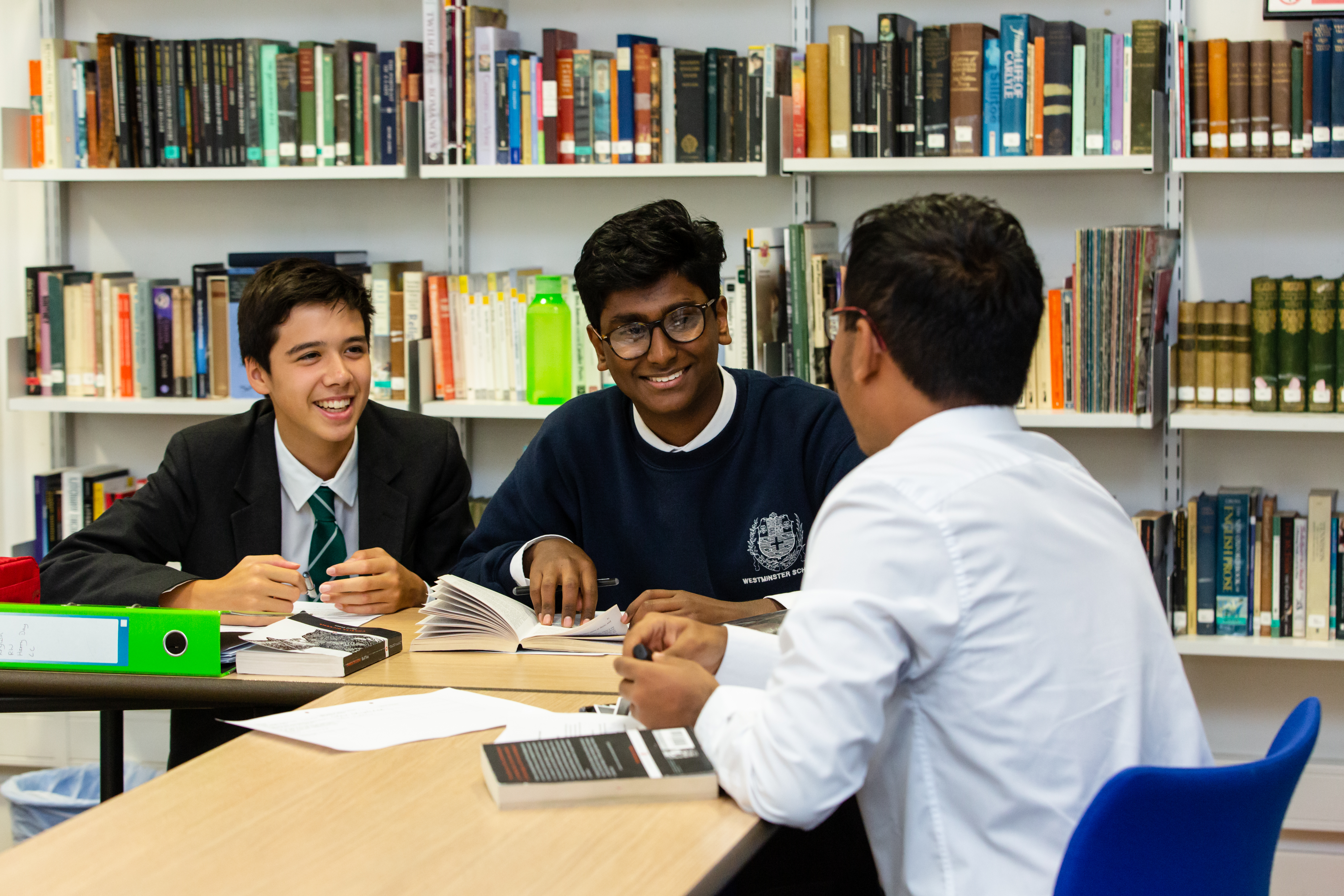Our Ethos
Westminster is an ancient boarding and day school with a unique sense of place. Its origins can be traced to a charity school established by the Benedictine monks of the Abbey of St. Peter in Westminster; and it is more than likely that this spiritual and educational tradition goes back as far as 960 AD.

After the dissolution of the monasteries in 1540, Henry VIII personally ensured the School’s survival by statute, while his daughter, Elizabeth I, who confirmed the royal patronage in 1560 whereby the Abbey and School formed the one collegiate foundation, is celebrated as the School’s Foundress. Westminster is the only long-established London school to remain on its original site in the centre of the city.
Westminster is no ordinary place. It is a highly academic school where individual and corporate excellence are expected and promoted. Central to Westminster’s ethos is the dialogue between teachers and their pupils, whether in the classroom or in tutorials. This inspires passion for the subject, conveys knowledge and develops the skills of rational, independent thought, and liberation from dogma, prejudice or unthinking conformity.
Westminster is one of the foremost centres of academic excellence in the country, and its pupils achieve exceptional public examination results, and entrance to the top universities worldwide. This success is a result of pupils’ enjoyment of academic enquiry, debate and search for explanation well beyond any published syllabus. The desired environment is happy, busy and purposeful; the pupils intellectually, socially, ethically and politically engaged, with plenty of opportunities to develop initiatives and to articulate and defend their views.
The broader ethos of the School resides in the enduring values of the liberal tradition reflected in the 1560 Charter of Westminster’s Elizabethan foundation, where it is stated that ‘the youth which is growing to manhood, as tender shoots in the wood of our state, shall be liberally instructed in good books to the greater honour of the state’. While academic and cultural attainments are highly prized, the tradition is fully committed also to the nurture of each pupil’s spiritual, moral, emotional and physical development and well-being – with a particular emphasis on drawing out individual talent wherever it lies – and to the preparation of responsible young people for fulfilled private and public lives beyond School.
